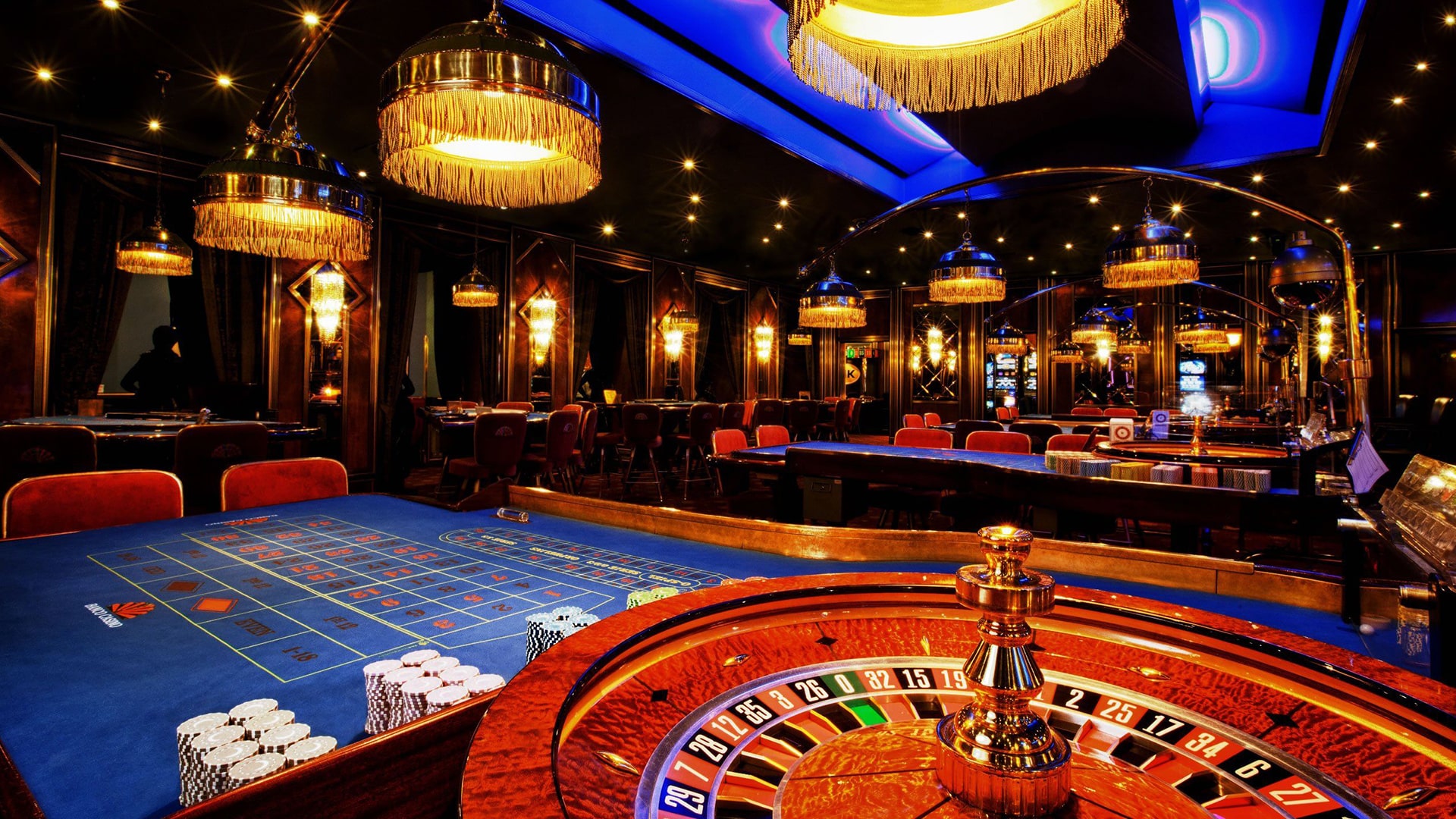Casino games have long been a engaging entertainment option, drawing millions of players from varied cultures around the globe. From the glitzy casinos of Las Vegas to the bustling gambling halls of Macau, these games serve as a bridge that connects people across various backgrounds. The allure of chance, strategy, and uncertainty entices not only those looking to gamble for profit but also those seeking a feeling of belonging.
The cultural impact of casino games extends significantly past the gaming floor. They often reflect the values and traditions of the cultures in which they prosper. Games such as seven-card stud, 21, and roulette have integrated into the mosaic of popular culture, influencing various aspects from films to style. As we explore this fascinating intersection of gambling and culture, we can comprehend better how these games shape and are influenced by the environment surrounding us.
Historical Progression of Gaming Activities
The beginnings of gambling activities can be tracked back to old cultures, where gambling in multiple forms was widely performed. In China, around two thousand three hundred years before Christ, a variant of gambling known as Keno was well-known, while in ancient Rome, soldiers would frequently wager on the outcomes of their contests. The notion of using randomness for entertainment and income developed over the centuries, leading to the formation of more structured games. By the final Middle Ages, gambling houses began to surface in Europe, notably in Italy, which brought forth early versions of famous activities still enjoyed today.
As gambling increased popularity in Europe, the 17th and 18th centuries saw the emergence of gaming houses as specialized establishments for gambling. The initial official gambling house, the Ridotto, was set up in the Venetian city in the year 1638, offering activities like Baccarat and the game Faro. 8OK This time marked a crucial pivoting point, as gaming venues started to attract not just the high society but also the burgeoning middle class. The sophistication of games grew, leading to the development of new regulations and variations that enhanced the play experience.
In the 19th century, the industrial age and transformations in societal norms further transformed the terrain of gambling activities. The launch of roulette and contemporary slot machines pulled in a broader clientele, and casinos became seen as acceptable fun. This time witnessed the globalization of gaming, as gambling houses spread from the continent to the Americas, culminating in the creation of the iconic Las Vegas Strip in the 1900s. The progress of gaming games has progressed into the present day, including new technologies and online sites, rendering them accessible to a universal market.

### Cultural Importance across Different Communities
Casino games have significant cultural importance within a multitude of societies around the planet. In Las Vegas, the very fabric of the urban landscape is woven around casinos, where gaming is not just a pastime but a central aspect of social engagement and community life. The vivid lights and vibrant atmosphere attract countless individuals, showcasing how casino games can influence local economical structures and local cultures. This environment transforms the notion of recreation into an enriching experience that affects style, melodies, and even film.
On the other hand, some communities approach betting with an air of caution, viewing it through the lens of morality and heritage. For instance, in numerous Oriental communities, games like Mahjongg and Pai Gow Gambling are steeped in history and possess significant social implications. These games are often played during get-togethers and celebrations, fostering community bonds and strengthening kinship ties. The act of engaging in these games goes past mere leisure, reflecting principles such as respect for elders and the value of communal fun.
Meanwhile, in continental countries such as Monte Carlo and the Italian Peninsula, gambling activities serve as symbols of wealth and elegance. The refined atmosphere of these venues attracts both travelers and native inhabitants, reinforcing a sense of distinction and exclusivity. The art of Texas Hold’em and the strategic elements of games like the game of baccarat are celebrated, influencing social dynamics and cultivating an attraction that captivates a varied audience. This underscores how gambling can simultaneously echo and shape societal views towards risk, reward, and community interaction.
Financial Influence and Travel Industry
Casino games play a important role in the financial context of many areas, particularly those that depend significantly on visitor traffic. The revenue generated from gambling establishments fuels local financial systems, creating jobs not only within the casinos themselves but also in related sectors such as hospitality, dining, and recreation. This surge of tourists, drawn by the attraction of games and the overall gaming environment, stimulates expenditure across multiple local enterprises, contributing to the economic health of the area.
The existence of casinos often leads to the construction of facilities, including hotels, transportation systems, and recreational facilities. These developments are essential in enhancing the overall visitor satisfaction, making destinations more appealing to tourists. Additionally, many casinos contribute in local communities through sponsorship of activities and charitable activities, further embedding themselves into the community structure of the locality. Such investment not only supports economic growth but also fosters a positive reputation of the casino industry.
In addition, the global popularity of casino games drives tourism competition, with locations vying to attract players from around the world. Iconic destinations like Las Vegas and Macau have become identifiable with gambling culture, drawing millions each year. This competitive edge encourages creativity and diversification within the gaming industry, influencing developments in leisure and accommodation that extend beyond their limits. The ripple effects of this tourism extend far, impacting local financial health and cultural interactions on a worldwide scale.